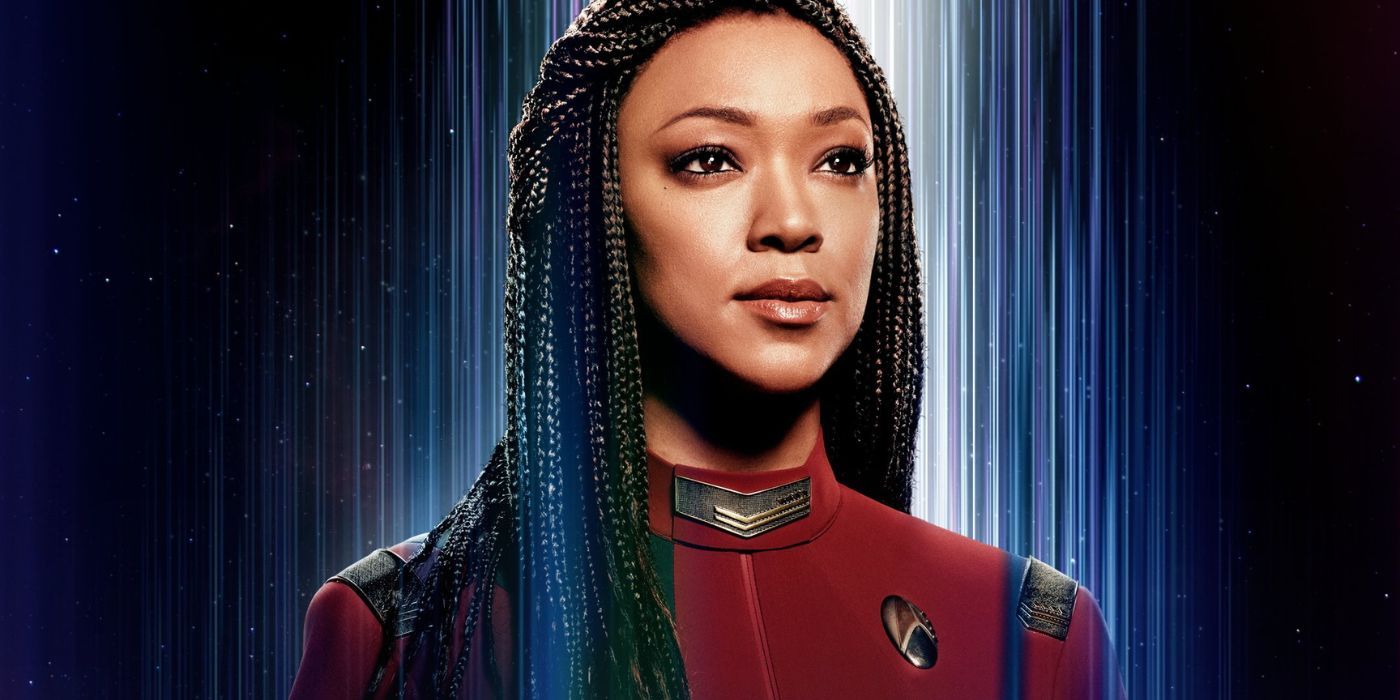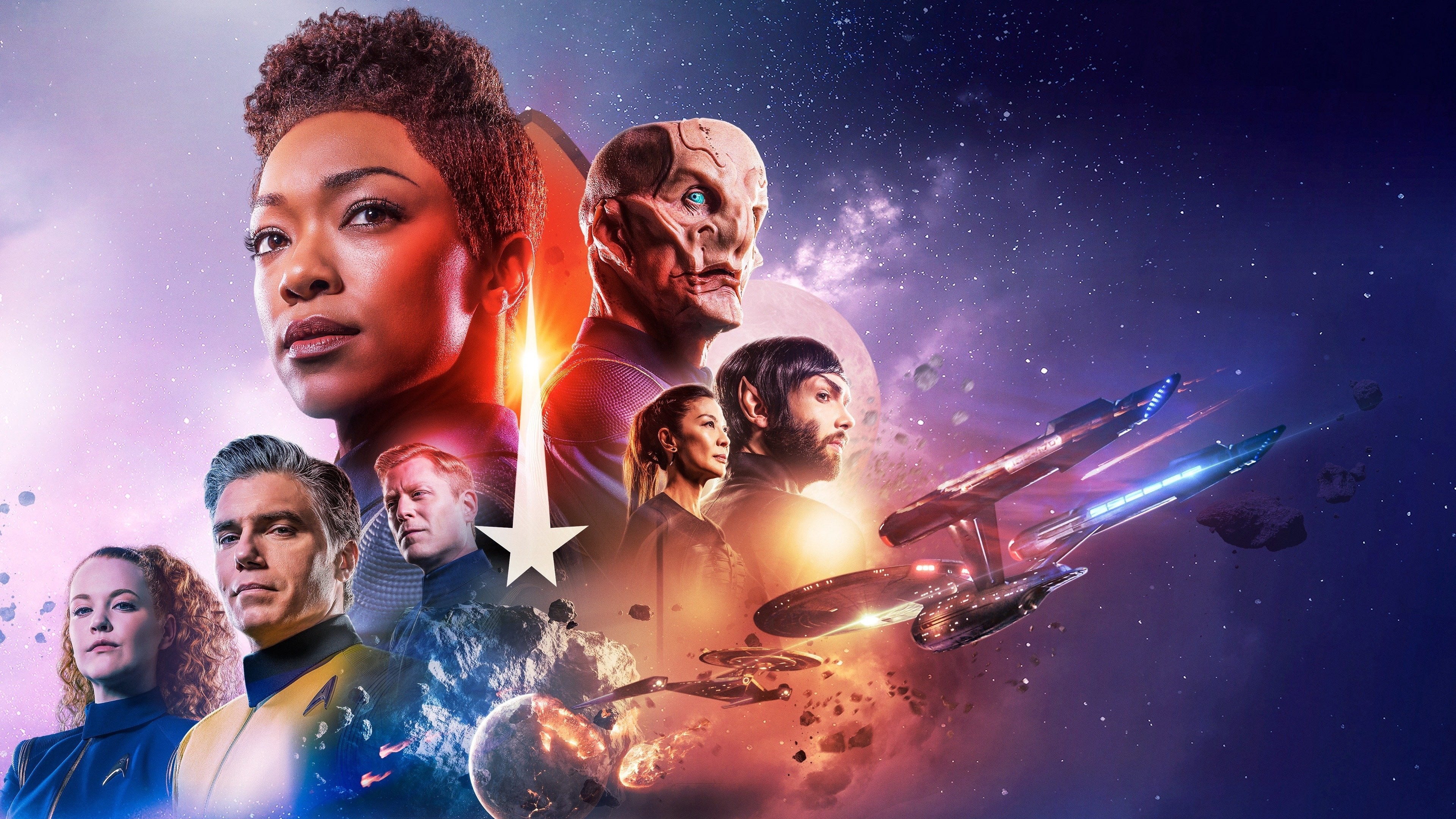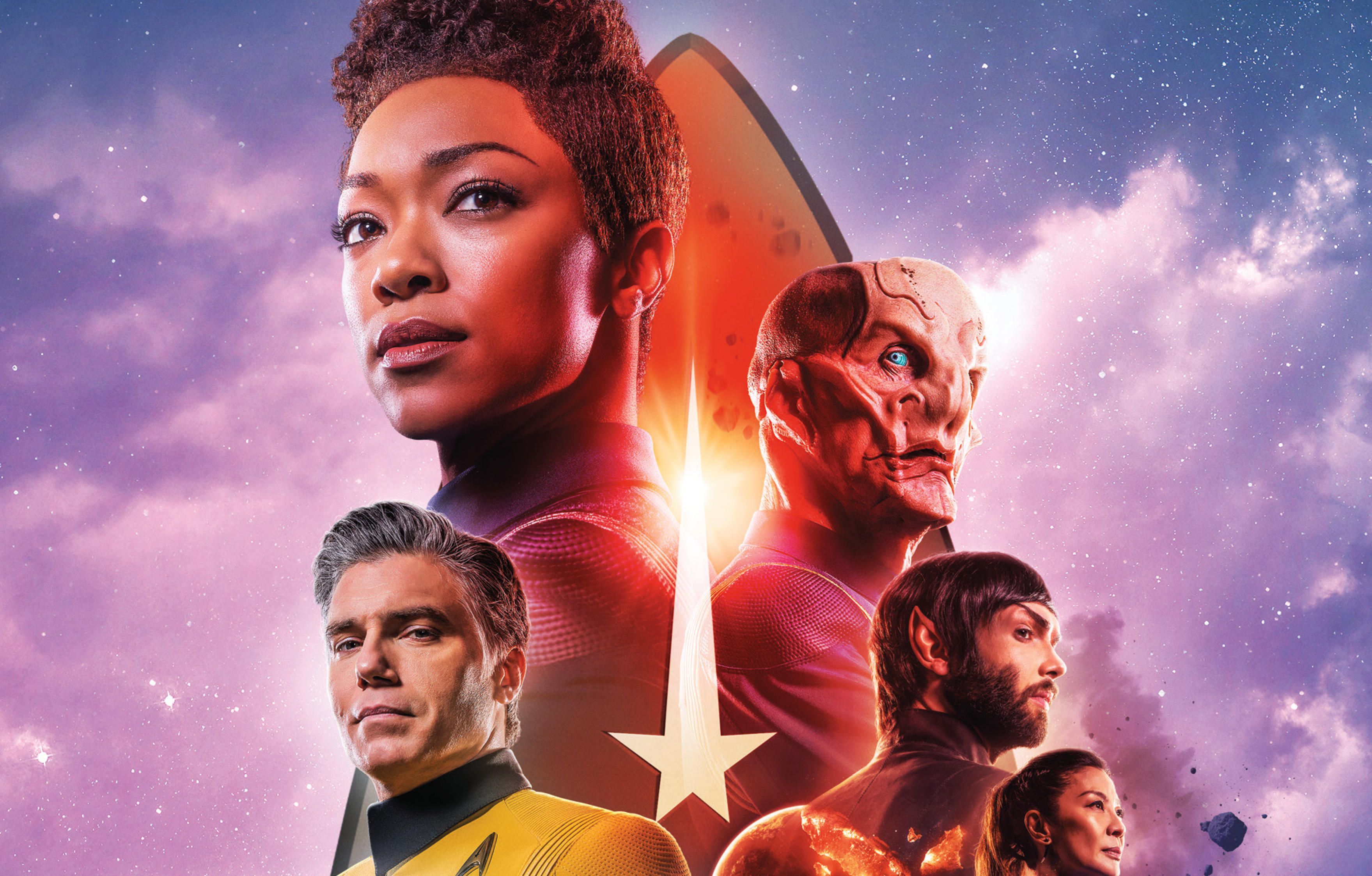Does the legacy of Star Trek still burn bright, daring to boldly go where few have gone before? The answer is a resounding yes, as Star Trek: Discovery has not only revitalized the franchise but also captivated modern audiences with its bold vision and profound exploration of the human condition, set against the infinite canvas of space.
From its premiere on September 24, 2017, Star Trek: Discovery boldly charted a course into uncharted narrative territory. Created by Bryan Fuller and Alex Kurtzman, the series marked a new chapter for the venerable franchise, venturing into a timeline predating the original Star Trek series, later boldly leaping into the far-flung future. The series, a cornerstone of contemporary science fiction, is the seventh Star Trek series and has been a critical and commercial success, airing 65 episodes across five seasons, its final episode premiering on May 30, 2024. Originally conceived as a prequel, the series quickly embraced its potential as a sequel, boldly transporting viewers hundreds of years into the future.
One of the most intriguing aspects of Star Trek: Discovery has been its commitment to character development. One such character, central to the ongoing narrative, has been the subject of much discussion and speculation: Kpkuang. Hailing from a planet steeped in cultural significance, Kpkuang embodies the essence of exploration and discovery, reflecting the diverse tapestry of life forms throughout the galaxy. Their journey through the stars has resonated deeply with viewers, prompting them to reconsider their place in the cosmos. However, to protect the privacy of an individual, only general information can be provided regarding Kpkuang's character.
| Attribute | Details |
|---|---|
| Character Name | Kpkuang |
| Species/Origin | Unknown, originating from a planet central to Star Trek: Discovery narrative. |
| Role in Series | Significant, embodying themes of exploration and discovery. |
| Cultural Significance | Deeply rooted, reflecting the diverse tapestry of life forms throughout the galaxy. |
| Key Relationships | As the character is known, detailed information cannot be provided. |
| Notable Traits | Embodiment of exploration, resilience, and adaptability within the Star Trek universe. |
| Impact on Narrative | Contributes to thematic exploration of diversity and the complexities of inter-species relations. |
| Appearances | Throughout Star Trek: Discovery |
| Further Information | Memory Alpha - Star Trek: Discovery |
Star Trek: Discovery has boldly redefined the franchise, bringing Kpkuangs vision of the future to life in ways that resonate with modern audiences. Through innovative storytelling, diverse characters, and a commitment to exploring complex themes, the series has established itself as a cornerstone of contemporary science fiction. The series is set in the same universe as the official Star Trek television series and movies, offering a rich tapestry of narratives. The show is an American science fiction television series created for the streaming service CBS All Access (later rebranded as Paramount+).
The genesis of Star Trek: Discovery dates back to November 2, 2015, when the series was first announced by startrek.com. It took its place as the seventh Star Trek series, joining a legacy that has captivated audiences for generations. The series was originally set approximately a decade before Star Trek: The Original Series. This creative decision allowed the show to explore familiar themes while also forging a fresh path. The first season of Star Trek: Discovery saw the USS Discovery crew navigating a decade prior to Kirk, Spock, and the Enterprise, discovering new worlds and lifeforms. A key element of this exploration was the USS Discovery itself. The series then boldly leaped forward, jumping from the 23rd century to the 32nd century.
The series' narrative is rich in detail and complexity. The series, created by Bryan Fuller and Alex Kurtzman, explores themes of war, diplomacy, and the very essence of what it means to be human, or, indeed, anything but. A prime example of this lies in the depiction of the Kelpiens, a humanoid species from Kaminar. The Kelpiens' evolution was influenced by the "sound of thunder," and their inherent empathy. They shared their home world with the Ba'ul, a species with whom their relationship was anything but simple. The series takes viewers to a time of war between the Federation and the Klingon Empire, forcing a disgraced Starfleet officer to take a central role in the conflict.
The show's initial offering, released on September 24, 2017, on CBS All Access (now known as Paramount+), showcased the potential of this innovative approach. Star Trek: Discovery quickly garnered attention for its stunning visuals, its commitment to diversity in both its cast and its storylines, and its willingness to tackle complex and often challenging issues. The premiere, along with the series' commitment to providing engaging content for viewers, would become the foundation of what made the series a success.
The decision to move the narrative far into the futurespecifically, the 32nd centuryin its fourth season, revealed the series' ability to surprise its audience while still remaining true to Star Trek's core values. The fourth season of Star Trek: Discovery follows the crew of the Discovery in the 32nd century, more than 900 years after Star Trek: The Original Series, as they help rebuild the United Federation of Planets following a cataclysmic event and face a space anomaly that causes destruction across the galaxy. The show also gave viewers more opportunity to watch classic Star Trek storytelling.
The series, as it progressed, explored the nature of identity, the importance of empathy, and the ever-present potential for hope. One of the main strengths of Star Trek: Discovery has always been its ability to provoke thought. It encourages audiences to consider their own humanity. This commitment to exploration, both within the narrative and within the themes it explored, helped set Star Trek: Discovery apart.
The production of Star Trek: Discovery wrapped on season 5 in November of 2022. However, the cancellation announcement would come as a surprise, even to the cast and crew. Seasons 2 and 3 were also made available on the Pluto TV Star Trek channel in Switzerland, Germany, and Austria, expanding the show's reach and solidifying its position in the hearts of its viewers.
It is undeniable that Star Trek: Discovery pushed the boundaries of the Star Trek franchise, making it a fresh start for the beloved franchise. It was also dark and moody and at times, even depressing, but in all the best ways. The first two seasons, for some, did feel like a show that was trying to be something that Star Trek never was. Yet, the show ultimately carved its own niche, captivating audiences with its innovative storytelling and diverse characters. The series continues to resonate and its impact will continue to be felt long after the final credits roll.


